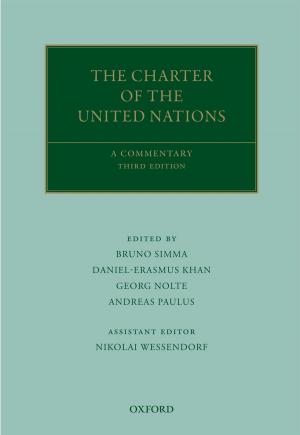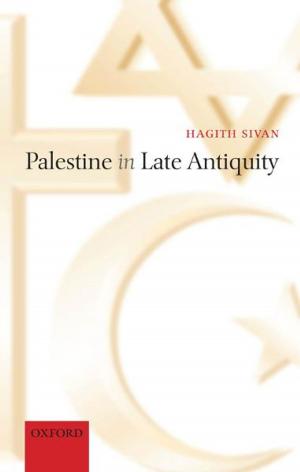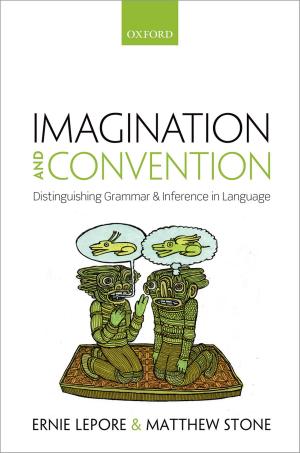The Right to Life in Armed Conflict
Nonfiction, Reference & Language, Law, International, Criminal law| Author: | Ian Park | ISBN: | 9780192554482 |
| Publisher: | OUP Oxford | Publication: | February 15, 2018 |
| Imprint: | OUP Oxford | Language: | English |
| Author: | Ian Park |
| ISBN: | 9780192554482 |
| Publisher: | OUP Oxford |
| Publication: | February 15, 2018 |
| Imprint: | OUP Oxford |
| Language: | English |
The application of the right to life during armed conflict is an issue that polarizes opinion and generates considerable debate. Many believe that human rights law has no place in armed conflict, yet the European Court of Human Rights, and domestic courts, have ruled that it can apply. The exact contours of how the right to life applies during armed conflict remain largely unresolved. In this text, Ian Park seeks to clearly articulate the right to life obligations of states during both international and non-international armed conflict in respect of those individuals affected by the actions of states' armed forces and members of the armed forces themselves. In determining the right to life obligations of states, Park identifies the sources of law from which right to life obligations arise, how case law has developed and modified these obligations, and analyses how the law creates obligations in practice. Implicit in this analysis is a consideration of recent armed conflicts, and the actions of states, that lead to a series of concrete proposals designed to best ensure compliance with a state's right to life obligations.
The application of the right to life during armed conflict is an issue that polarizes opinion and generates considerable debate. Many believe that human rights law has no place in armed conflict, yet the European Court of Human Rights, and domestic courts, have ruled that it can apply. The exact contours of how the right to life applies during armed conflict remain largely unresolved. In this text, Ian Park seeks to clearly articulate the right to life obligations of states during both international and non-international armed conflict in respect of those individuals affected by the actions of states' armed forces and members of the armed forces themselves. In determining the right to life obligations of states, Park identifies the sources of law from which right to life obligations arise, how case law has developed and modified these obligations, and analyses how the law creates obligations in practice. Implicit in this analysis is a consideration of recent armed conflicts, and the actions of states, that lead to a series of concrete proposals designed to best ensure compliance with a state's right to life obligations.















